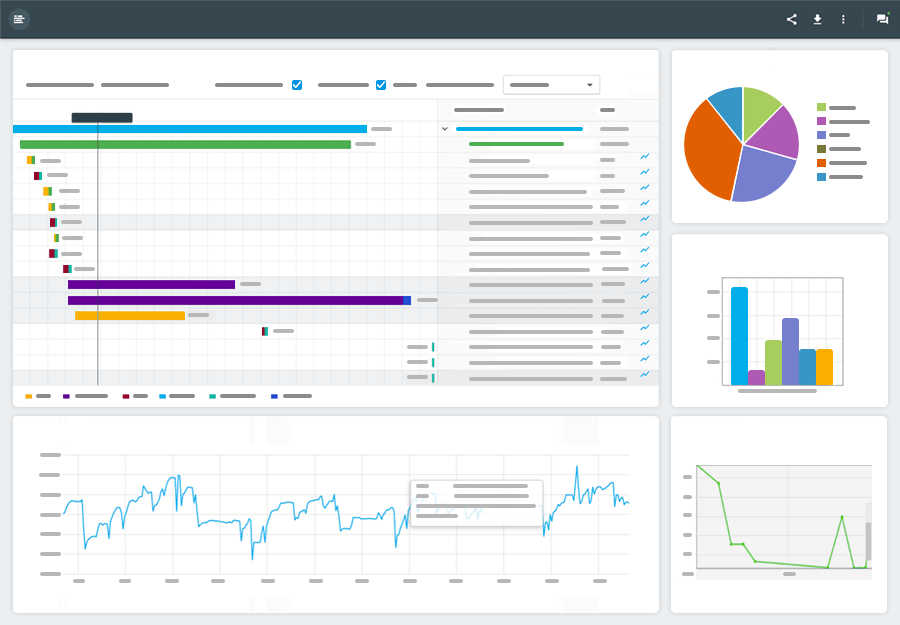Choosing a Fast Web Hosting Provider: Performance Considerations
Not all web hosts are created equal. Page load times can make or break a business, so you want to do everything you can to make sure your website is fast. The web host you choose can make a big difference, so what factors should you consider when making this decision? There are a few studies out there that have leveraged our website speed test tools to find which is the fastest web hosting provider. If you’d like to do the same you can setup trials with several web hosts, then run our website speed test to compare performance load times. Additionally, you can setup website monitoring from a service like Dotcom-Monitor to automate your testing and create an accurate benchmark of each web host from multiple locations around the world, over time.
It’s Not Always Good to Share Hosting
When you’re just starting out, a shared web hosting account may be adequate for your needs. It’s certainly less expensive to go this route. Depending on the traffic you expect, a shared web host may be a fast web host. If you expect your business to grow (and who doesn’t?) you’ll want the option to upgrade to a virtual private server or to a dedicated server plan, so consider the scalability of your shared web host accordingly.
Generally speaking, if you already see more than 40,000 monthly unique visitors to your website, you’ll want to purchase virtual private or dedicated server for optimal hosting speeds.
Server Reliability
In a perfect world, all web hosts would be up 100% of the time. In the real world, downtime happens. But it shouldn’t happen frequently. Look for a web host with an uptime of 99% or more. Check recent online reviews for information on different hosting company’s uptime. To check your existing web host, track it with server monitor tools. Many of these tools have a free trial and you’re going to want to monitor your server 24/7 so these tools are worth the expense.
Hosting Bells and Whistles
Not every web host supports even basic web hosting features like FTP, SSI, AutoScript Installer and Cron. Choosing a web host that doesn’t support these so-called extras can negatively impact your website speed.
Some web hosts don’t offer critical eCommerce features. If your website will process any business transactions, you need a web host that supports dedicated IP, SSL certification, and one-click shopping cart software installation. Otherwise, you won’t be worrying about slow page load times – you’ll be dealing with errors and crashes.
Website Usability Matters
Many web hosts offer “unlimited” resources, but will suspend your account if you use too many resources. Your web host pulling the plug is a pretty catastrophic performance problem. How can you find out what the actual limit is? Sorry to say that you’re going to have to read the fine print. Somewhere in each hosting company’s sales materials or Terms of Service, you’ll find out how much CPU usage you’re really getting for your money. (If you can’t find this info even by speaking to someone at the company, they may not be as transparent and trustworthy as they should be).
You don’t necessarily need to go with the web host that offers the most usage, but you should make sure that you’re buying enough usage for your needs.
Additional Considerations — Performance Testing
Web hosting isn’t the only factor that influences website speed. By running load testing on your website you can identify any bottlenecks that are hurting your user experience. Whether you use a free solution like JMeter or a commercial one like LoadView, make sure your load testing tool helps you troubleshoot any issues uncovered during your performance testing.



